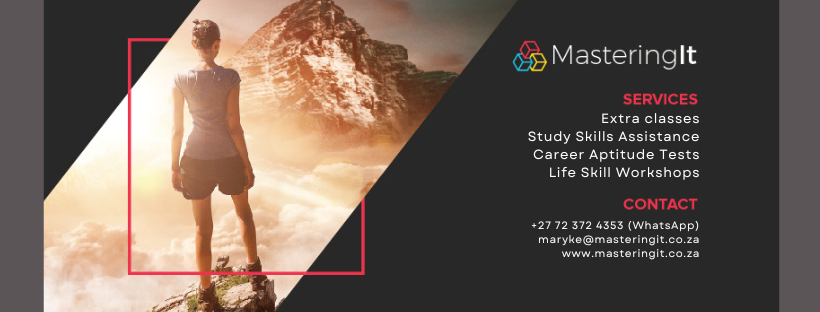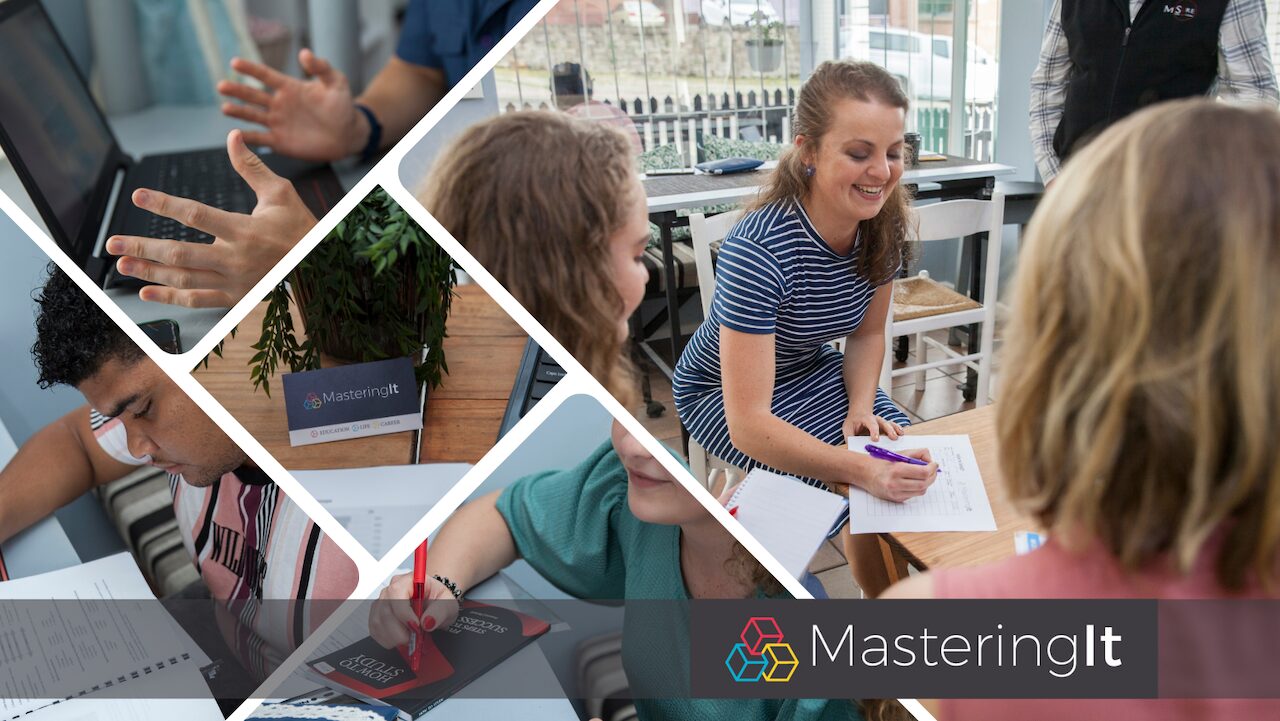
With exams around the corner, this is usually the time of year when all things fun take a back seat and our stress levels go through the roof. We spend hours revising, practising, and, more often than not, procrastinating.
Each and every exam season, we wish we had paced ourselves better, prepared more, and left some time for relaxation.
It’s time to break that cycle, and we’ve got you covered with all you need to know (and do) to pull through this exam season with minimal stress, maximum sleep, and A’s across the board!

Here’s what we’re going to explore:
- Understanding your learning style
- Setting up your workspace
- Study skills
- Study methods
- Some additional tips
Get your notebooks out because you’re going to want to try some of these out!
1. Understanding your learning style
Knowing your dominant learning style is the most important and yet most overlooked step in your study plan.
There are 4 main learning styles:
👂Auditory
👀 Visual
🖐Kinesthetic/tactile
✍ Reading and writing
We’ve written a whole other blog post about learning styles. Have a look and see which relates to you… [Insert link here]
Once you understand your learning style, you can adapt your study methods to suit it!
2. Setting up your workspace
There are a few important factors when choosing a workspace:
📌 Make a designated space
Make sure that you set up your workspace in an area that you will only use for studying. The brain will learn to associate that space with learning and will already be ready to go once you begin.
📌 Keep it distraction-free
It’s important to keep the space as distraction-free as possible. This might mean noise-cancelling headphones, music, no cell phone, or no interruptions.
📌 Make it comfy
Make sure that you have a comfortable chair. You shouldn’t have to slouch or stretch to reach your desk.
It might seem silly, but our brains are more likely to focus when we feel comfortable, so decorate the space however you’d like!
📌 Lighting
Natural light is best but invest in a desk lamp to keep light constant for those evening or early morning study sessions. Additionally, make sure that all devices are blue-light filtered to make sure you are not tiring your eyes.

3. Study skills
⏰ Time management
It is vital that you manage your time well so that you are not left cramming at the last minute.
Make sure you are using a study schedule, prioritise your tasks, and break your day into manageable work sessions and breaks
📝 Note-taking
Making notes at the last minute is not an effective study technique. Throughout the term – or at least a month before the exam – summarise your course materials into notes. These need to include key concepts, ideas, and examples.
👓 Effective reading
As you read, highlight important information and keywords. You can even make notes in the margins and create a glossary of important terms.
🔤 Acronyms
Acronyms are a great technique for memorising lists. Make a word from the first letter of each word. This word will trigger your memory of the list of words.
🧠 Mind maps
Mind maps are a fantastic tool that condenses information into a diagram. This tool is particularly useful for visual learners but is effective for many of the other learning styles too.
⚡Flash cards
Flash cards are great for question-answer style content, such as definitions, formulas, or short questions. They also work extremely well when studying with others, and make excellent quiz cards!
4. Study methods
There are so many study methods, and it really is not a one-size-fits-all. Experiment with these methods and see if they work for you!
- Spaced repetition
This method involves using tests as a form of studying (Tamm, 2023). This encourages memorisation, information retrieval and retention. - Feynman method
Essentially, you pretend that you are teaching the content to a six year old. If you can’t explain it in a way that they would understand, you probably don’t understand the work as well as you think you do! - Pomodoro method
This is a time management method which involves breaking sessions down into multiple shorter sessions with short breaks in between. - Active recall
This method involves using tests as a form of studying. This encourages memorisation, information retrieval and retention. - SQ3R method
– Survey
– Question
– Read
– Recite
– Review
Now that you’ve figured out your learning style, have a work space and have some study methods and skills up your sleeve, here’s some last tips to make sure you are getting the most out of your study sessions.
As small as these may seem, every factor contributes to your overall mood, energy level and concentration.

5. Additional tips
- Take breaks
Don’t buckle down for hours at a time, take breaks regularly to avoid headaches, burnout, and to improve focus.
Try to move away from your computer and desk while on a break. Take a walk, stretch, grab a snack, do anything to move around and get some fresh air. - Nutrition
What you fuel your body with makes a huge difference to your brain function. Snacking on sugary things might make you feel more awake at first, but it leads to a sugar crash and lethargy. Stick to whole, healthy foods, and make sure to drink plenty of water! - Sleep
Sleep is necessary for the process of storing short-term information, and is therefore absolutely vital during study periods.
Remember that teenagers typically require even more sleep than the average adult, so try to get eight hours of sleep to maintain your energy levels and optimal brain function.
We hope you use these tips and find them helpful.
Herewith another Study Skills post from our blog – https://blog.masteringit.co.za/2021/10/15/top-study-technique-tips/.
Happy studying and good luck!


